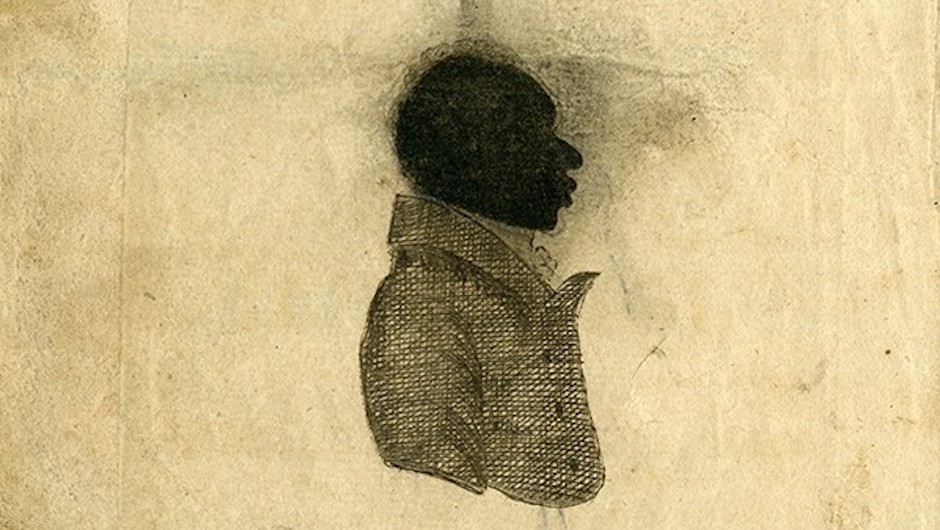4 Faculty Members Weigh In on the Meaning of Black History Month Today
Our country is in the midst of a reckoning with race. Columbia professors discuss how our current situation is reflected in Black History Month.

Almost a century ago, historian Carter G. Woodson conceived of “Negro History Week” in an effort to educate people about African Americans’ contributions to the United States. By 1976, not long after the Civil Rights era and Black Power movements, the renamed week was expanded to a month to further elevate and celebrate Black Americans. Now in 2021, with last summer’s protests against police brutality after the deaths of George Floyd and Breonna Taylor, and the rise of the Black Lives Matter movement, what does Black History Month represent?
Here are four Columbia faculty members’ reflections on the significance of Black History Month today:
Embracing Black History to Understand the United States

Now more than ever Black History Month remains relevant because it sets aside time for us to learn and reflect upon the ways African American history highlights the ideals and failures of the U.S. experiment with democracy. Black people, through their social movements and their political and cultural traditions, have engaged notions of freedom and equality since the nation’s founding. And they have often articulated a greater devotion to democratic principles than have many of their fellow citizens. As such they have sought to better a nation that has depended on them while failing to protect them and offer them the full benefits of citizenship. There is no full understanding of the United States without embracing the meaning of Black history.
— Farah Jasmine Griffin, chair, department of African American and African Diaspora Studies and professor of English and comparative literature
Acknowledging a Sustained Struggle Against Inequality

Black History Month remains an important national tradition. But this year it is time to do more than commemorate the contributions people of African descent have made to the history of the United States. In the aftermath of yet another outbreak of white supremacist violence at the United States Capitol on January 6, and in the midst of the continued polarization of politics in this country, Black History Month in 2021 is an occasion to remind us of the importance of a sustained struggle against racism, sexism, trans- and homophobia, and class inequality and the ways they intersect in American society. Reflecting on the African American past can illuminate the ways the Black Freedom Struggle has offered what the historian Robin Kelley called “freedom dreams,” which have reinvigorated democracy in previous moments of national and global crisis. To celebrate Black History Month is to reflect and build upon grassroots Black organizing traditions such as the ones that resulted in the historic elections of Raphael Warnock and Jon Ossoff to the U.S. Senate in Georgia. Black History Month matters not only because it deepens understanding of the prevalence of systemic racism in the American past and present, but because it also acquaints us with the history of the many Black Freedom movements that can guide us toward solutions to the pressing problems of our time.
— Frank Guridy, associate professor of history
Justice and Black History Month

Intersectionality and critical race theory are lenses that are forged in Black history, and build on that history, the history of how race and racism has been structured into our society, into our law, into our very institutions. I would say Black History Month is an opportunity to really grapple with what white supremacy has to do with our country nearing the edge of collapse. And, frankly, how reunion without justice is the name of the disorder that affects us still.
— Kimberlé Crenshaw, professor of law
**This is an excerpt from an interview about her podcast, Intersectionality Matters. Read the full interview here.
Reimagining a Better Future for Black People in America

Black History Month 2021 means for me embracing self-care as a moral imperative and honoring the everyday Black Americans both deceased and alive who have used their bodies, their forgiveness, their commitment to social justice to help us all get free. I honor DJ D-Nice who offered countless melodic beats on Instagram for music breaks that kept feelings of anxiety and depression at bay. I honor the life and death of Breonna Taylor, George Floyd, and too many others who have shown me how precious life is and the depths of the work we have to do. I honor the Black women faculty of Columbia School of Social Work who have led our university in a mini-institute on anti-racism. Black History 2021 is about reimagining a future where Black people thrive, experience joy, and feel progress.
— Desmond Patton, associate professor of social work